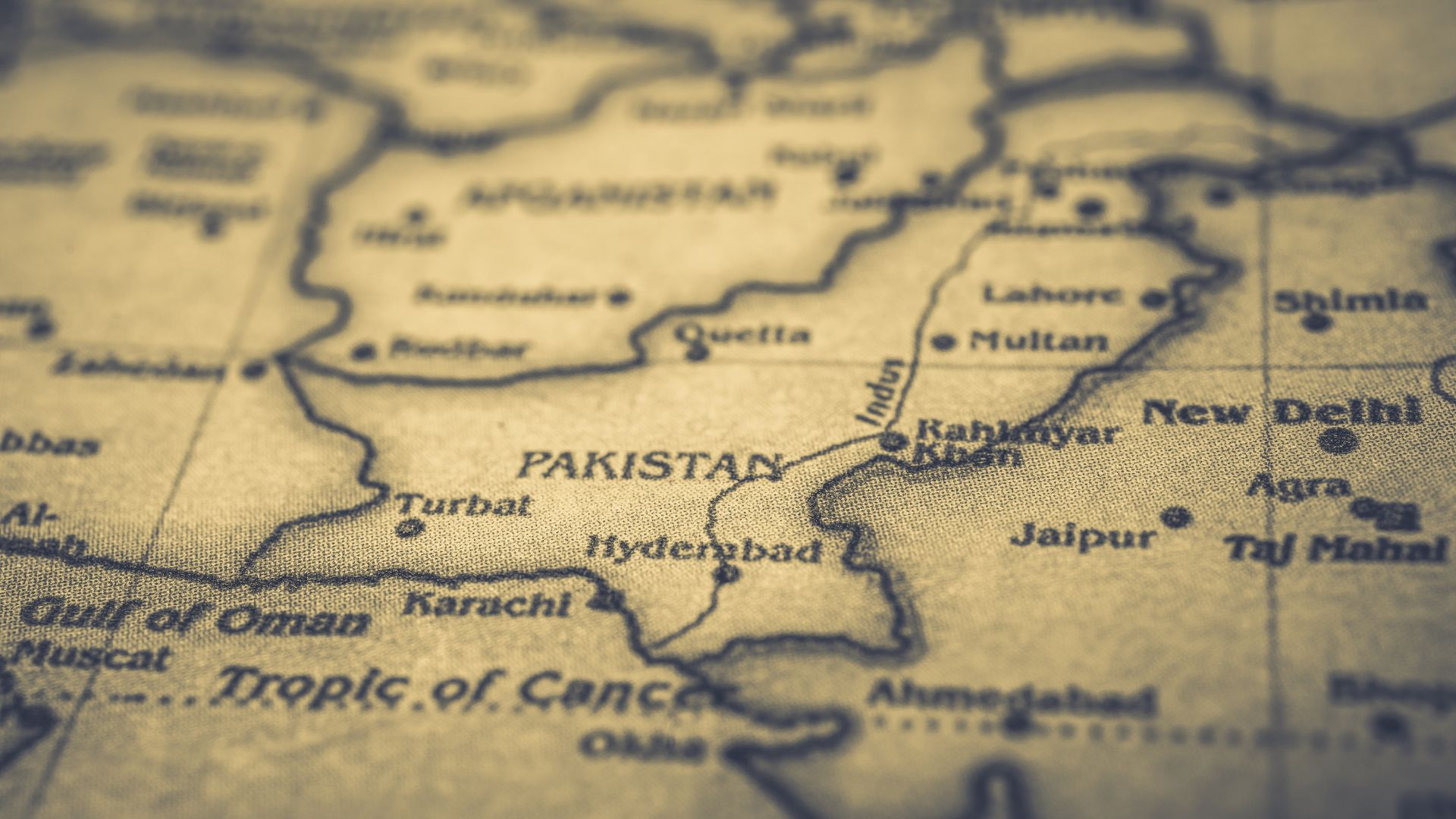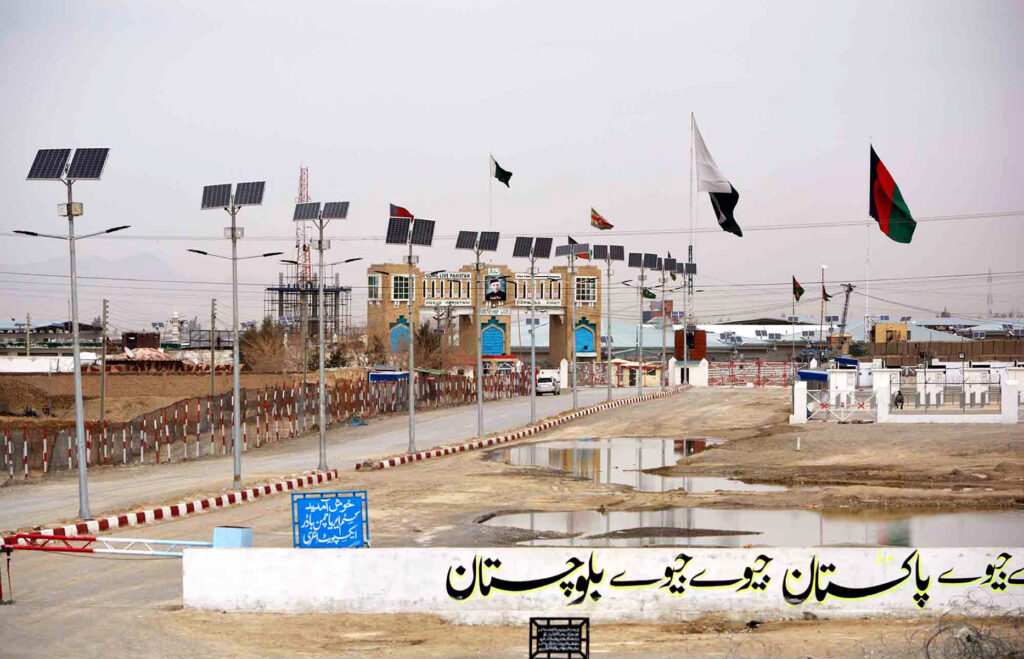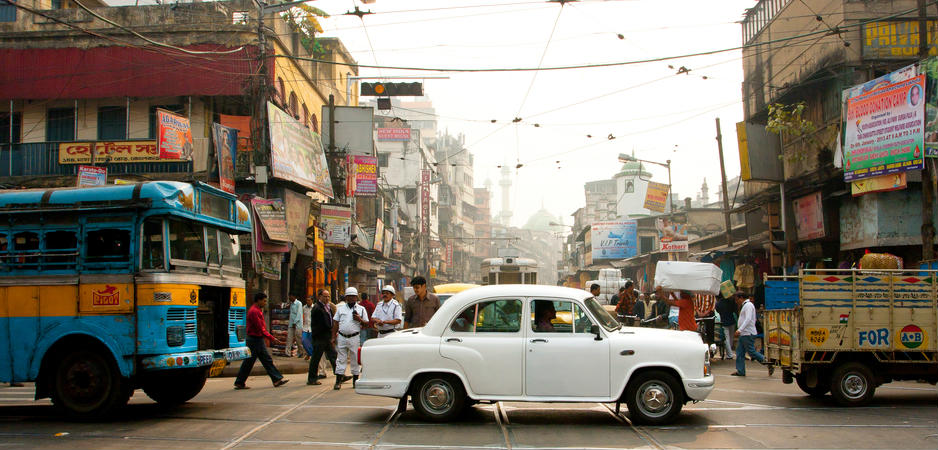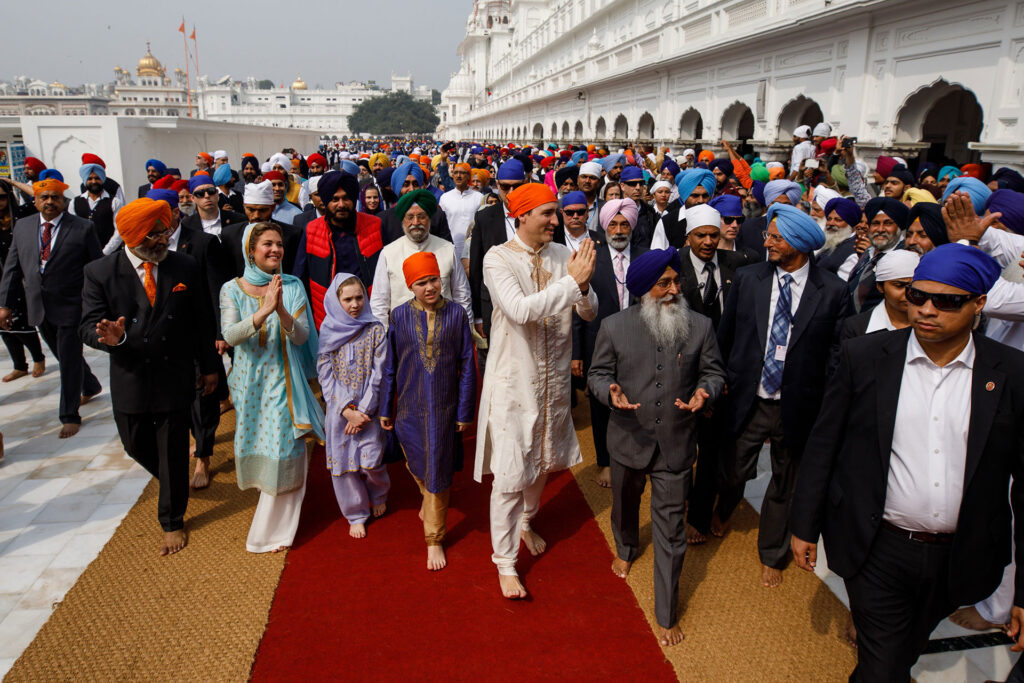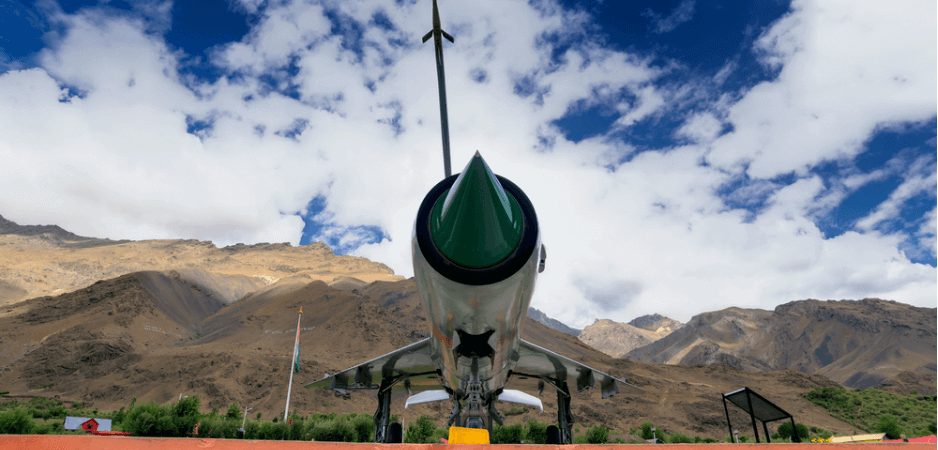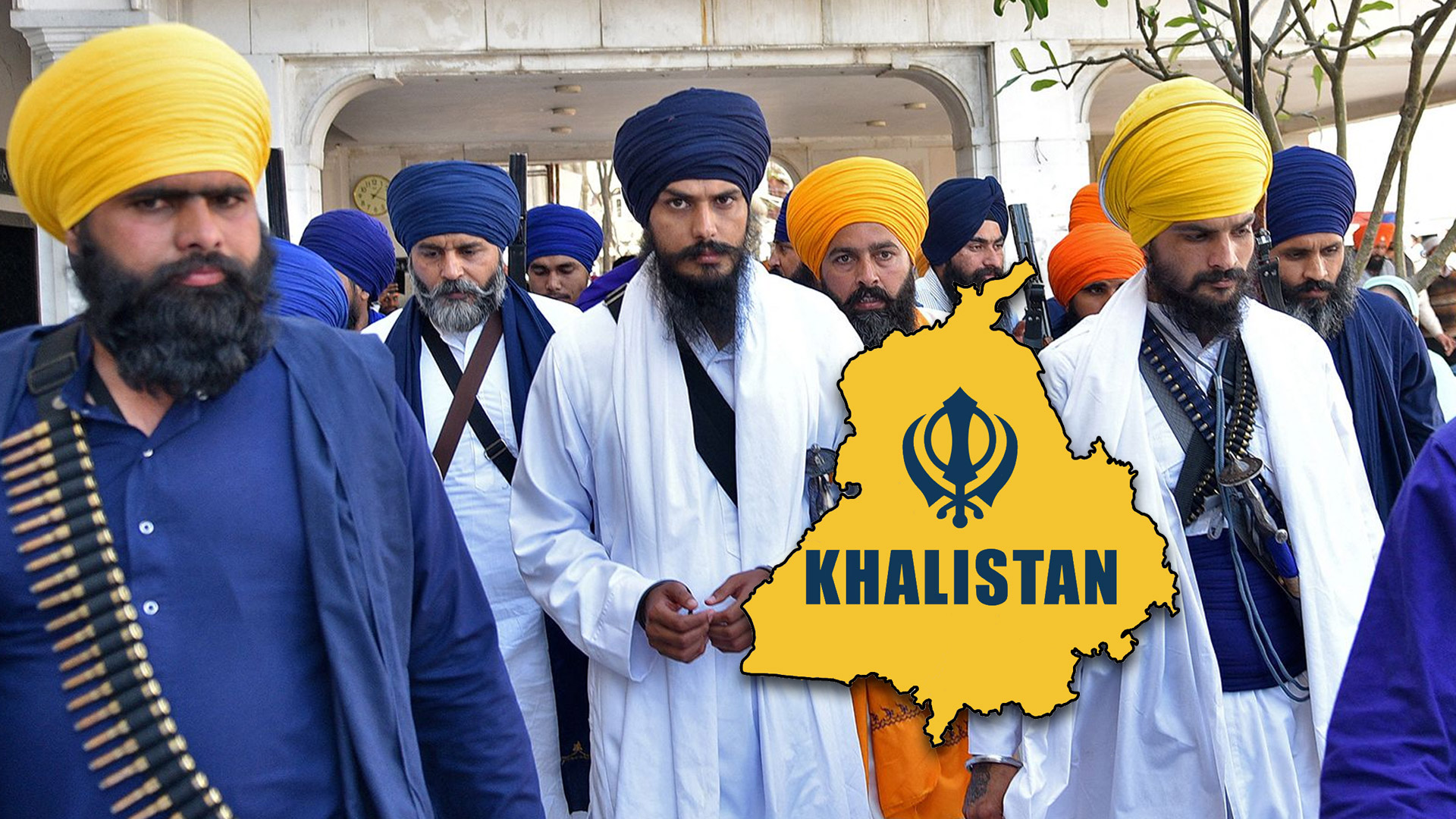[Here are Part 1 and Part 2 of this three-part series.]
In 1947, India and Pakistan gained independence. Until then, both of them were a part of British India. Since the partition, Pakistan has indulged in cross-border terrorism. In 1947 itself, Pakistan sent Pashtun tribesmen to fight jihad and conquer Kashmir.
As per the BBC, these tribesmen “shot everyone who couldn’t recite the kalima – the Arabic-language Muslim declaration of faith. Many non-Muslim women were enslaved, while many others jumped in the river to escape capture.” Had these jihadis not stopped to rape nuns, women and girls in Baramulla, they would have captured the capital Srinagar and Kashmir would have been in Pakistani hands.
Pakistan has used terror as an instrument of state policy ever since. In 1965, it sent Pashtun tribesmen, which led to a war. Then, Pakistan used terror against Bangladesh, perpetrating a genocide that is remembered to this day. Bangladesh won its independence from Pakistan in 1971 thanks to Indian support. The loss of Bangladesh, which was known as East Pakistan, led the Pakistani military to double down on terror. As per Pakistani dictator General Muhammad Zia-ul-Haq, the goal was to bleed India “through a thousand cuts.”
Unfortunately, as retired Research and Analysis Wing (R&AW) chief Vikram Sood has pointed out, India “never ever retaliated” in the manner it should have. This reticence came from India’s first prime minister Jawaharlal Nehru’s pacifist policies. He worried more about a military coup than a foreign invasion. Under Prime Minister Narendra Modi, Nehruvian reticence is a thing of the past. India has adopted a more robust foreign policy, which includes cross-border military strikes at terror targets. For long-term peace, India must continue to follow its great classical philosopher Kautilya and be tough with Pakistan until it makes a bona fide gesture of peace.
Police Reforms and Cross-Border Strikes
Over the years, India has been caught with its pants down during terror attacks. Police forces have done too little too late. Such is the endemic corruption in the police force that low-level constables have acted as accomplices for terrorists.
It is an open secret that cross-border smuggling occurs with the collusion of the police, especially at the lower levels. The 1993 Mumbai attacks were facilitated by corrupt policemen who were sold out to Pakistan’s Inter-Services Intelligence (ISI) for the proverbial thirty pieces of silver. Corrupt policemen are also said to have facilitated the 2016 Pathankot attack. Police corruption is now a national security issue in India.
There were technical deficiencies in responding to the 2008 attacks indicating institutional weaknesses. In 2008, terrorists were able to hold local policemen at bay for three days. Starting in Pakistan, they were able to enter Mumbai easily in local fishing boats. The 2008 “attacks exposed the utter inadequacy, inappropriateness and incompetence of Indian security responses.” It is an open secret that Pakistan’s ISI masterminded these so called 26/11 Mumbai attacks.
Suffice to say, Indian police organizations are in serious need of reform. Recruitment at the lower entry levels is corrupt. So, policemen have to recoup their investment. Pay is low, the hours are long, the weapons are outdated and the equipment is inadequate. As per one survey, 73% had signs of poor psychological health and a third are on the verge of quitting. The budgets are low and auditors have found that the funds allotted are often left unutilized.
The litany of woes that affect Indian police do not need a full description here. Suffice to say, the police system does not work. Yet it is important to remember that the system is not as broken as in Pakistan. Some Indian states do better than others. India has the lowest number of deaths from terrorist attacks despite being in the top ten countries affected by terrorism.
The police are the first line of defense for India. The policeman walking his beat or driving around neighborhoods gets the first whiff of trouble. Therefore, police reforms are a top priority. The government could begin with implementing the recommendations of the 2007 Second Administrative Reforms Commission. It recommended independence of the police and an end to ministers using police forces for personal and political reasons. The police need autonomy in law-and-order situations and when conducting investigations. The colonial 1861 Indian Police Act is outdated. India needs new legislation to underpin policing nationally. It also needs independent oversight authorities that are accessible to the public and address police misconduct. India’s Supreme Court and parliamentary bodies have also come up with specific suggestions for police reform.
India’s central police organizations also need reform. These are paramilitary organizations such as the Border Security Force, the Indo-Tibetan Border Police and the Central Reserve Police Force. Officers in these organizations are facing major morale issues and the government must address them.
Both Sun Tzu and Kautilya ask the king not to use the army on a whim to achieve the state’s goals. Open warfare could be very destructive, expensive and unpredictable. Kautilya favored secret warfare that included intelligence, spies, deception and honey traps. Sun Tzu asks us to avoid strength, strike weakness. Pakistan uses non-state actors to unleash terror on India. They are a weak link. India must strike these actors decisively even if that means crossing the border.
The Modi government has done so. It has launched three surgical strikes on Pakistan terror camps. Yet the government can do better. It must learn from Israel, the US and the UK. They have long carried out military operations across borders. Recently, the US assassinated Qassem Soleimani with Israeli support. Israel’s Mossad assassinated Iranian nuclear scientist Mohsen Fakhrizadeh after eight months of surveillance, using a one-ton gun smuggled in pieces. Both operations leveraged intelligence and technology to spectacular effect. Kautilya would have approved.
Since the horrific events of 9/11, a significant change has taken place in the law of self-defense. It is now accepted that countries can exercise the right against attacks or threats posed by non-state actors. Criminal defendants enjoy protections in the Law of Armed Conflict (LOAC). And in constitutional guarantees. Non-state actors do not enjoy these traditional protections as they are ‘unlawful combatants’. For legal cover, we cannot direct attacks against civilians or against state actors. However, India has limited legal risk when taking actions against armed non-state actors. Hence, eroding the leadership capability of these actors based in Pakistan must be an integral part of India’s defense strategy. By eroding their leadership on a regular basis, India can pressure Pakistan to take a more mature and sensible approach at the negotiating table.
India has failed to build a top-class intelligence agency. Its ability to conduct cross-border operations or even set honey traps is limited. As the birthplace of Kautilya, India must improve its informational, influence and kinetic operations. The time has come for India to behave as a major power and hit its enemies at a time and place of its choosing.
Peace in Kashmir, Economic Cooperation and Tolerant Sufism
The Modi government abrogated Article 370 and 35(A) of the constitution in 2019, ending Kashmir’s special status. This provision was unfair to the people of Jammu and Ladakh. India has also been subsidizing Kashmiris for decades. Since the 2019 decision, the security situation in Kashmir has improved. Nevertheless the situation is not entirely normal and terrorists continue to target Kashmiri Pandits and migrant laborers.
India has to address the root of the problem. It cannot treat Kashmir as an expensive security issue forever. In an earlier article, this author recommends a range of measures for peace, including economic development and tourism.
India needs better engagement with its neighbors. For years, smaller countries have regarded India as a patronizing big brother and even old friends like Nepal have turned resentful. Since its inception, Pakistan has feared military conquest by India and has looked for what Pakistani scholar Ishtiaq Ahmed has called “strategic depth.” Hardly anyone in India now seriously pursues the idea of Akhand Bharat (greater unified India). Yet it still scares Pakistanis.
India has to convince Pakistan that the future lies in coexistence. India can neither absorb Pakistan nor does it want to. Instead, India should propose economic cooperation. In turn, Pakistan should let bygones be bygones and forgive India for the defeat of 1971. In 2023, Pakistan is facing runaway inflation, a debt crisis and economic collapse. It is clear that trade, not conflict, is the way forward. The South Asian Free Trade Area (SAFTA) envisaged in 2006 is the way forward. Intraregional SAFTA trade represents just 5% of the total trade. By comparison, the Association of Southeast Asian Nations intraregional trade makes up 25% and the European Union figure is 75% of the total. For millennia, people in Pakistan and India have traded with each other. There is no reason the two countries could not return to the historical mean. Intraregional merchandise trade in South Asia can easily triple from $23 to $67 billion.
I am in favor of an even bolder idea. India should work towards an economic and monetary union (EMU) in South Asia. If France and Germany can get together after fighting on opposing sides in two world wars, there is no reason why India and Pakistan cannot be part of the same EMU. At the moment, Pakistan and Sri Lanka are facing grave crises but, after requisite reforms, they could join a South Asian EMU. Nepal already has a fixed exchange rate with India. Others could follow. A South Asian EMU would boost trade, investment and employment. Like their European counterparts, South Asians could one day even have freedom of movement of people, not just of goods, services and capital.
Finally, Sufism in South Asia is key to a peaceful region. For decades Saudi Wahhabism has spread from Pakistan to Bangladesh, Kashmir to Kerala. This has been toxic for the region. Instead, India must back the beleaguered Sufis who personify the syncretic nature of South Asian Islam.
Kautilya’s guidance for a vijigishu (victorious king) is to use psychological influence or what Joseph Nye has termed soft power. India will need to win hearts and minds in Pakistan. Today, many Pakistani commentators acknowledge that India is miles ahead of their country and seek to emulate their eastern neighbor. Others question the wisdom of falling into China’s debt trap diplomacy.
India must convince ordinary Pakistanis about the advantages of trade and economic cooperation. It must be able to win them to the more tolerant and pluralistic form of Sufism that allows for music and artistic expression, which the Pakistanis enjoy. Over 50% of Indian Muslims worship at Sufi shrines. The World Sufi Forum was held in March 2016 and in February 2022. In January 2023, an international conference on Sufism took place in Srinagar. Sufism is a draw for Pakistanis too. If New Delhi can champion Sufism effectively, then India will win hearts and minds tired of the fanatical, puritanical and repressive version of Islam that is a foreign import into Pakistan. To be magnanimous, ecumenical and far-sighted for peace requires greater toughness than waging war. India needs this toughness to embrace big ideas and then sell them for a peaceful and prosperous South Asia.
[Here are Part 1 and Part 2 of this three-part series.]
The views expressed in this article are the author’s own and do not necessarily reflect Fair Observer’s editorial policy.
For more than 10 years, Fair Observer has been free, fair and independent. No billionaire owns us, no advertisers control us. We are a reader-supported nonprofit. Unlike many other publications, we keep our content free for readers regardless of where they live or whether they can afford to pay. We have no paywalls and no ads.
In the post-truth era of fake news, echo chambers and filter bubbles, we publish a plurality of perspectives from around the world. Anyone can publish with us, but everyone goes through a rigorous editorial process. So, you get fact-checked, well-reasoned content instead of noise.
We publish 2,500+ voices from 90+ countries. We also conduct education and training programs
on subjects ranging from digital media and journalism to writing and critical thinking. This
doesn’t come cheap. Servers, editors, trainers and web developers cost
money.
Please consider supporting us on a regular basis as a recurring donor or a
sustaining member.
Support Fair Observer
We rely on your support for our independence, diversity and quality.
Will you support FO’s journalism?
We rely on your support for our independence, diversity and quality.


